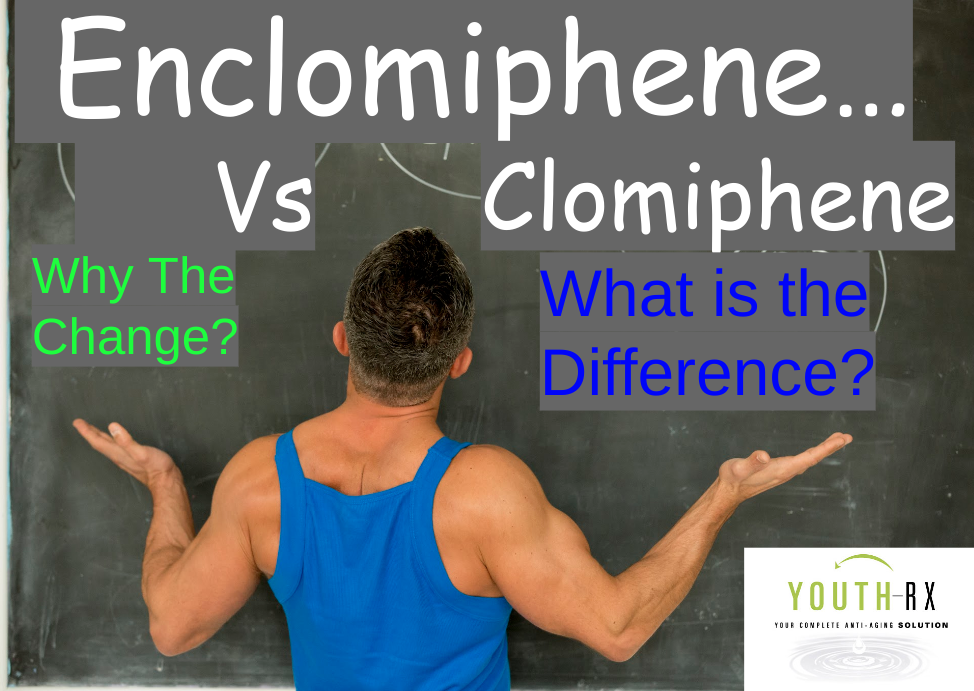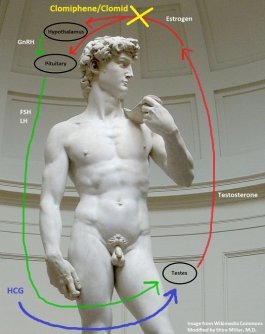By nature, we instinctively want to avoid danger. Not only do we try to steer clear of it for ourselves but we also will attempt to warn and protect those around us. All too often as it pertains to testosterone and TRT, F.E.A.R. (False Evidence Appearing Real) has often been easily told and sold given our natural instinct to avoid danger.
FEAR has often been sold to us by the media on purpose and at other times told with good intentions but lack of knowledge or scientific evidence on the topic of discussion. Often, thoughts or assumed facts passed around are accepted as truth simply because someone else or the media said so.
The goal of this article is to help understand some truths and dispel myths about testosterone and answer some of the age old questions that revolve around it and testosterone replacement therapy (aka; TRT).
What Are The Symptoms of Low Testosterone?
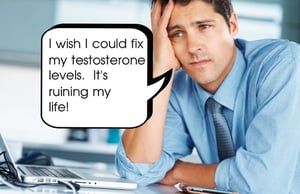 Testosterone deficiency is most commonly known as low T or clinically referred to as hypogonadism. It is essentially a miserable form of male menopause that strips most of a man’s deserved enjoyment out of life, away from him.
Testosterone deficiency is most commonly known as low T or clinically referred to as hypogonadism. It is essentially a miserable form of male menopause that strips most of a man’s deserved enjoyment out of life, away from him.
Feeling lethargic and weak. Declined cognitive abilities with brain fog. Erectile dysfunction & lack of libido and mostly a decline in overall wellness are the most common feelings a man with low T experiences daily.
In addition however, there are deeper physical and health consequences correlated with having low T over time as well. Bone loss, improper fat distribution, loss of muscle mass and strength, increased risk for diabetes and cardiovascular disease with lower production of red blood cells - just to name a few.
How is Low T addressed and Corrected?
Many men often have several variables and factors as to their particular reasons for having low testosterone and therefore the approach taken to address and correct it. But in short without going into great detail, testosterone replacement therapy (aka; TRT) is often the solution for most aging men suffering from testosterone deficiency.
The most common approaches taken with incorporating a TRT program for men is either natural testosterone taken via topical creams, gels or injections. Let’s be sure NOT to confuse testosterone with anabolic steroids here, as there is a difference.
Myths Associated with Testosterone and TRT
Here are a few of the most common myths associated here below that you may have heard before:
- Testosterone and TRT contributes to the worsening of benign prostatic hyperplasia (BPH) and to an increase in the risk of urinary retention.
- Testosterone or TRT increases a man’s risk of developing prostate cancer.
- TRT makes your penis smaller.
- TRT will make your hair fall out and go bald.
- TRT will lead to heart attack or stroke.
- Testosterone will give your Roid rage.
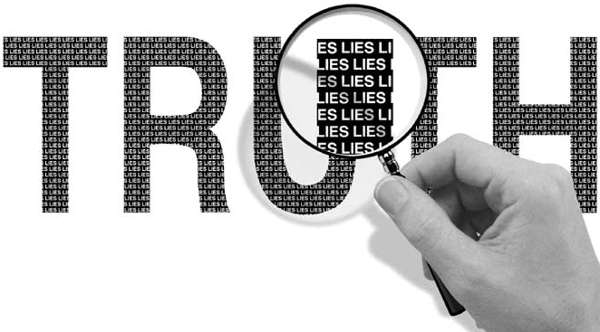
Myth #1: Contributes to BPH, PSA and Prostate Cancer
This myth has been rumored claiming that TRT increases our risk of benign prostatic hyperplasia (BPH) and magnifies risk of urinary retention. There was a review of 120 hypogonadal men treated with TRT over a time frame of 10 years. TRT was actually linked to a lower risk of aggravated lower urinary tract symptoms.
It is fairly common knowledge that 50% of men over the age of 50 will have elevations in PSA and risk of prostate cancer. It’s just one of those gifts that father time blesses all of us men with, thank you father! There have been a number of studies and reviews on men, PSA and prostate cancer.
Contrary to myths and what most have believed, having optimized levels of testosterone via TRT treatment has not been associated with any risk of prostate cancer. In fact, in many cases in men having prostate cancer with LOW testosterone, they have been associated with adverse prognostic features, including higher stage cancer and decreased overall survival rates.
Myth #2: TRT Makes Your Penis Smaller
Supplementing with testosterone will make your testicles smaller - that is a fact. Due to a reduction in LH and FSH output from brain down to stimulate testicles resulting in the bodies detection of having more than enough testosterone circulating around, testicular atrophy is something to expect. HCG is something that is used to help with this, and more.
However, TRT does not and will not make a man’s penis smaller. Starting a TRT program may actually help the penis with improved blood flow if erectile dysfunction is something that a man is struggling with!
Myth #3: Your Hair Will Fall Out and You’ll Go Bald on TRT
While attempting to use some common logic alongside some basic understandings of testosterone, it is a plausible thought here. DHT is correlated with hair loss, yes. DHT is a derivative of testosterone, yes. Supplementing with and having more circulating testosterone must equate to more DHT and therefore hair loss, right? Well, no and not so fast…
Although still not completely understood despite a lot of research, there are still questions left unanswered pertaining to alopecia or male pattern balding. However, there is a strong correlation with hair loss being dictated by hereditary genes passed down from parents.
It is thought that those men prone to being bald have more DHT receptors in their scalp, making them more prone to losing hair as they age older. So in short, hair loss is going to happen in some men regardless of TRT or not. Blame this one on your parents or grandpa, but not testosterone.
Another way to think of this if you’re still convinced it must be optimized, healthy levels of testosterone that causes hair loss; Why don’t younger men in their late teens or early twenties have bald heads when their testosterone levels are sky high at their life’s peak?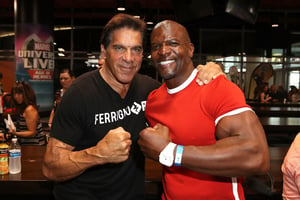
Despite being on TRT but also (assuming) more for several decades now, why does Lou Ferrigno (aka; The Incredible Hulk) still have a head full of thick hair? Or Sylvester Stallone or Lex Luger, the former professional wrestler who admittingly has been a TRT user and has a VERY full head of hair till this day at age 61?
Why is it that numerous amounts of men across the world with low T still go bald, despite not having much testosterone? The reason is that it is largely hereditary. At best (or worst, depending on view), TRT may slightly speed up the inevitable of what is going to happen anyway but, it’s not the cause.
Embrace being an optimized, confident and happy man; you can always shave the head fellas. Many women love masculine men with them. Dwayne “The Rock” Johnson, Vin Diesel, Jason Statham, L.L. Cool J, Tyson Beckford and Michael Jordan - just to name a few!
Myth #4: TRT Will Lead to Heart Attack or Stroke
With abuse of anabolic steroids or being straight up reckless with excessive amounts of TRT, which no respected and licensed doctor is going to prescribe or recommend, this could actually be fact over myth here. Obviously, the difference needs to be stressed here that this is different and separate from dated myths associated with responsible TRT.
When referencing to intelligent, appropriately prescribed and doctor supervised TRT here to achieve optimal/normal levels, myth #4 here is false. Having healthy and optimized testosterone improves cardiovascular health through two mechanisms.
- It induces nitric oxide production and blood flow in coronary arteries.
- It improves calcium levels and myocardial contraction.
Both of these factors are key components for oxygen supply and delivery in addition to muscle work (heart is a muscle).
Myth #5: Testosterone Will Cause Roid Rage
This may just be the biggest myth of them all here. First, let’s pay attention to the phrase and word “roid”, which is short for steroids. Please remember that we are trying to dispel myths associated with testosterone and TRT, not anabolic steroids and associated black market drugs where it is often a guessing game as to what they consist of.
As it pertains to natural testosterone and legal and responsible TRT, this is absolutely false. Since consulting and talking with many hundreds of men through the years both before and after TRT, most were grumpy, irritable, miserable assholes before TRT. But after starting and getting their hormone levels optimized, most men report feeling so much better and in a happier mood with a better, more clear state of mind.
If you think about it logically, it really sucks to feel lethargic and mentally drained with a daily struggle to concentrate at work only to go home exhausted with a dick that doesn’t work and a wife who doesn’t think highly of you and your lack of enthusiasm for everything but sleep. I can tell you that makes most men irritable with a ton of internal “rage” boiling inside of them, just wishing they could alleviate it all.
Optimizing testosterone and regaining a manly zest for life again is a game changer. And for many men, a mood changer for the better.
Being the naturally occuring and endogenously produced key hormone that it is, testosterone is such a systematic player involved in so many roles. It is incredibly essential to our well being and health, akin to what oil is to a car and it’s engine.
What Are the Risks with TRT?
There are a few repercussions and risks with TRT - IF and when things are done negligently, inappropriately or with abuse and a blind eye to one’s overall health.
Unfortunately, excess and negligence does happen among some men (and even women) - especially within the bodybuilding community where extremes are often taken in hopes of achieving the perfect physique, but at the expense of health.
Many of the myths associated with testosterone and TRT often stem from associations with this crowd, but unfortunately is commingled unfairly and incorrectly.
What Are The Benefits of Optimizing Testosterone?
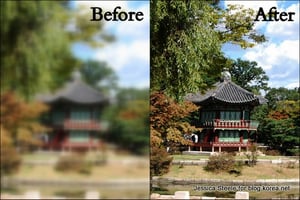 In short, reversing all of the previously mentioned and dreaded symptoms of living with low T. Correcting and optimizing a man’s testosterone helps with the following, to name just a few:
In short, reversing all of the previously mentioned and dreaded symptoms of living with low T. Correcting and optimizing a man’s testosterone helps with the following, to name just a few:
- More energy, strength and muscle.
- Sharper cognitive abilities and mental clarity.
- Supports better body composition (less fat, more muscle) and better blood glucose regulation. Stronger bone density, erectile function and heart health.
- Improved mood, happiness and confidence.
- Helps with achieving an optimized status of wellness as a man!
Summary
You are most likely here visiting us today for a reason. We assume you are a bit ahead of most with regards to wanting to take care of your health and well-being. Looking for and finding the right answers can be quite a task but we are here to assist you with finding the right solution to look and feel your best.
If you are a new visitor and interested in knowing more, fill out our health history form at the link below and let one of our heavily experienced consultants know a good time to discuss the process and more.
Submit the on-line health history form here >WWW.YOUTH-RX.COM/FORM
Have questions? Contact us here > Contact Us
Cheers to optimized wellness,
Roger & The YOUTH-RX Team
Cited References:
- https://www.ncbi.nlm.nih.gov/pmc/articles/PMC4145700/
- https://www.ncbi.nlm.nih.gov/pubmed/23764078/
- https://www.ncbi.nlm.nih.gov/pubmed/21171937
- https://www.ncbi.nlm.nih.gov/pubmed/17105798
- https://www.ncbi.nlm.nih.gov/pubmed/18633357
- https://www.ncbi.nlm.nih.gov/pubmed/16434592
- https://www.ncbi.nlm.nih.gov/pubmed/18230794
- https://www.ncbi.nlm.nih.gov/pubmed/19154450

